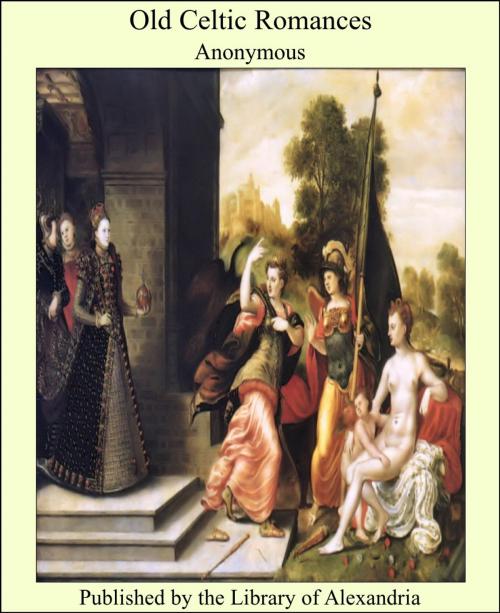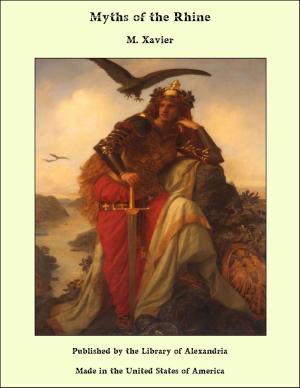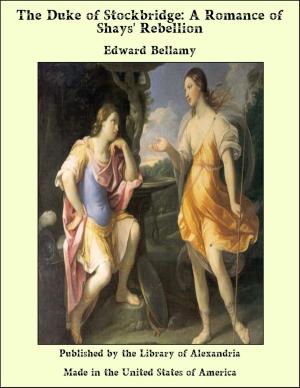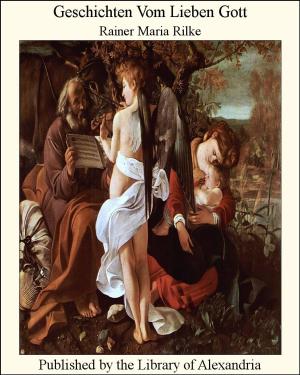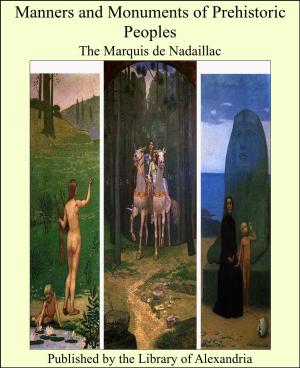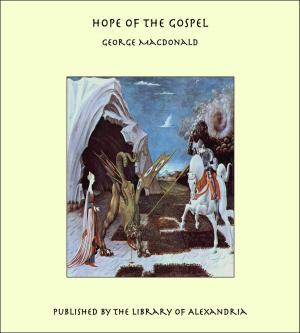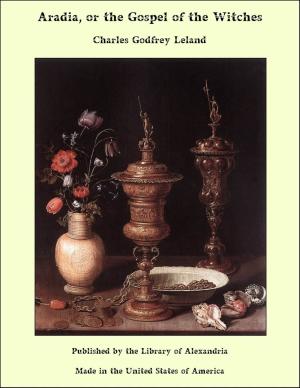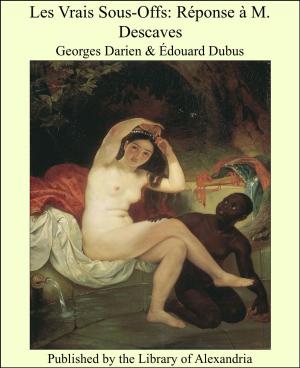| Author: | Anonymous | ISBN: | 9781465511942 |
| Publisher: | Library of Alexandria | Publication: | March 8, 2015 |
| Imprint: | Language: | English |
| Author: | Anonymous |
| ISBN: | 9781465511942 |
| Publisher: | Library of Alexandria |
| Publication: | March 8, 2015 |
| Imprint: | |
| Language: | English |
Among the Celtic people of Ireland and the north-west of Scotland, story-telling has always been a favourite amusement. In the olden time, they had professional story-tellers, variously designated according to rank--ollaves, shanachies, files, bards, etc.--whose duty it was to know by heart a number of old tales, poems, and historical pieces, and to recite them at festive gatherings, for the entertainment of the chiefs and their guests. These story-tellers were always well received at the houses of princes and chiefs, and treated with much consideration; and on occasions when they acquitted themselves well, so as to draw down the applause of the audience, they were often rewarded with costly presents. To meet the demand for this sort of entertainment, ingenious "men of learning," taking legends or historical events as themes, composed stories from time to time; of which those that struck the popular fancy were caught up and remembered, and handed down from one generation of story-tellers to another. In course of time, a body of romantic literature grew up, consisting chiefly of prose tales, which were classified, according to subject, into Battles, Voyages, Tragedies, Military Expeditions, Cattle-Raids, Courtships, Pursuits, Adventures, Visions, etc.[I.] Some of these tales were historical, i.e. founded on historical events, and corresponded closely with what is now called the historical romance; while Others were altogether fictitious--pure creations of the imagination. But it is to be observed that even in the fictitious tales, the main characters are always historical, or such as were considered so. The old ollaves wove their fictions round Conor Mac Nessa and his Red Branch Knights, or Finn and his Fena, or Luga of the Long Arms and his Dedannans, or Conn the Hundred-fighter, or Cormac Mac Art; like the Welsh legends of Arthur and his Round Table, or the Arabian romances of Haroun-al-Raschid and his Court. The greater number of the tales were, as I have said, in prose. But some were in poetry; and in many of the prose tales the leading characters are often made to express themselves in verse, or some striking incident of the story is repeated in a poetical form. Not unfrequently the fragments of verse introduced into a prose tale are quotations from an older poetical version of the same tale; and hence it often happens that while the prose may be plain enough, the poetry is often archaic and obscure
Among the Celtic people of Ireland and the north-west of Scotland, story-telling has always been a favourite amusement. In the olden time, they had professional story-tellers, variously designated according to rank--ollaves, shanachies, files, bards, etc.--whose duty it was to know by heart a number of old tales, poems, and historical pieces, and to recite them at festive gatherings, for the entertainment of the chiefs and their guests. These story-tellers were always well received at the houses of princes and chiefs, and treated with much consideration; and on occasions when they acquitted themselves well, so as to draw down the applause of the audience, they were often rewarded with costly presents. To meet the demand for this sort of entertainment, ingenious "men of learning," taking legends or historical events as themes, composed stories from time to time; of which those that struck the popular fancy were caught up and remembered, and handed down from one generation of story-tellers to another. In course of time, a body of romantic literature grew up, consisting chiefly of prose tales, which were classified, according to subject, into Battles, Voyages, Tragedies, Military Expeditions, Cattle-Raids, Courtships, Pursuits, Adventures, Visions, etc.[I.] Some of these tales were historical, i.e. founded on historical events, and corresponded closely with what is now called the historical romance; while Others were altogether fictitious--pure creations of the imagination. But it is to be observed that even in the fictitious tales, the main characters are always historical, or such as were considered so. The old ollaves wove their fictions round Conor Mac Nessa and his Red Branch Knights, or Finn and his Fena, or Luga of the Long Arms and his Dedannans, or Conn the Hundred-fighter, or Cormac Mac Art; like the Welsh legends of Arthur and his Round Table, or the Arabian romances of Haroun-al-Raschid and his Court. The greater number of the tales were, as I have said, in prose. But some were in poetry; and in many of the prose tales the leading characters are often made to express themselves in verse, or some striking incident of the story is repeated in a poetical form. Not unfrequently the fragments of verse introduced into a prose tale are quotations from an older poetical version of the same tale; and hence it often happens that while the prose may be plain enough, the poetry is often archaic and obscure
